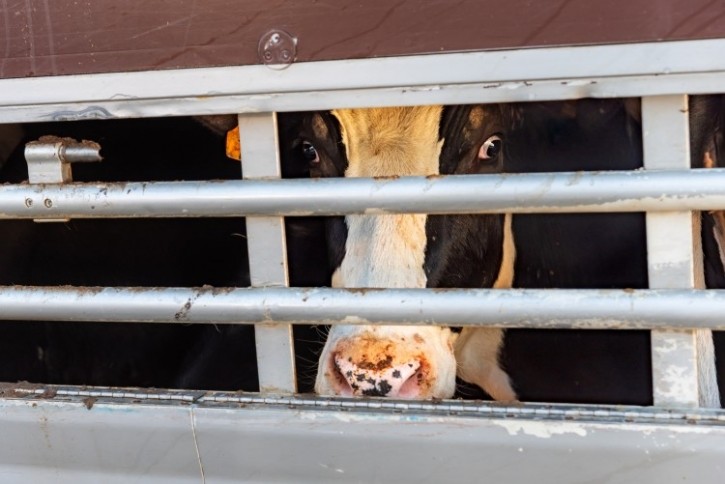US bill seeks to bolster animal welfare of livestock in transit

This is the main aim of the legislation according to the bill’s author, congresswoman Dina Titus, who added that ‘inefficiencies in the law’ are causing farm animals – including dairy cows and calves – to endure lengthy interstate journeys while being unfit for travel.
In particular, the proposed legislation is looking to improve compliance with the so-called 28-hour law – which makes it illegal to transport livestock for longer than 28 hours in one go – and make it impossible for sick or injured livestock to travel interstate. However, the regulation is practically unenforced according to Titus, who states that the USDA had only made 12 inquiries into violations of the 28-hour law in the last 15 years.
The measures will boost animal welfare while safeguarding the food system, she explained.
The bill is endorsed by non-profit the Animal Welfare Institute (AWI), which earlier this year petitioned the USDA secretary Tom Vilsack urging the department to adopt fitness for transport standards for vulnerable animals transported interstate.
The NGO claimed that while there were federal regulations banning the movement of sick farm animals, in practice there were no enforceable requirements. “There is evidence that unfit neonatal and cull animals are shipped interstate on a daily basis,” AWI said in its petition. “This practice results in the poor health and welfare of vulnerable animals, resulting in greater risk of the dissemination and transmission of pathogens and increased antibiotic use and resistance.”
Analyzing government data obtained through public disclosure laws, AWI found evidence that hundreds of thousands of dairy calves were being routinely transported 1,000 miles away from some of the nation’s largest dairy-producing states.
While this information is not proof of 28-hour law violations, AWI claims that neonatal calves experience ‘significant stress’ during transport. In addition, some practices, such as transporting newborn calves with unhealved navels, would be in violation of World Organisation for Animal Health standards, which however aren’t enforceable in the US.
Also endorsing the bill is the American Society for the Prevention of Cruelty to Animals (ASPCA), with original co-sponsors including Representatives Blumenauer (OR-03), Norton (DC-01), Cohen (TN-09), and Schiff (CA-30).
What would the bill change?
The bill is seeking the USDA and the US department of transportation to develop a mechanism for conducting investigations or inspections to help determine if law violations have occurred.
It is also seeking a ban on interstate transport of livestock that’s deemed ‘unfit for travel’.
The bill will specifically expand the definition of ‘unfit’ adding more descriptive terms such as sick, injured, weak, disabled, or fatigued; unable to stand unaided; are blind, cannot be moved without causing additional suffering, are newborn with a navel that has not been fully healed; pregnant in the final 10% of their gestation period at the planned time of unloading; have given birth within the previous 48 hours and travelling without their offspring, and more.






